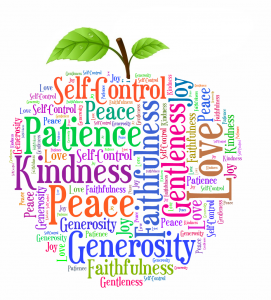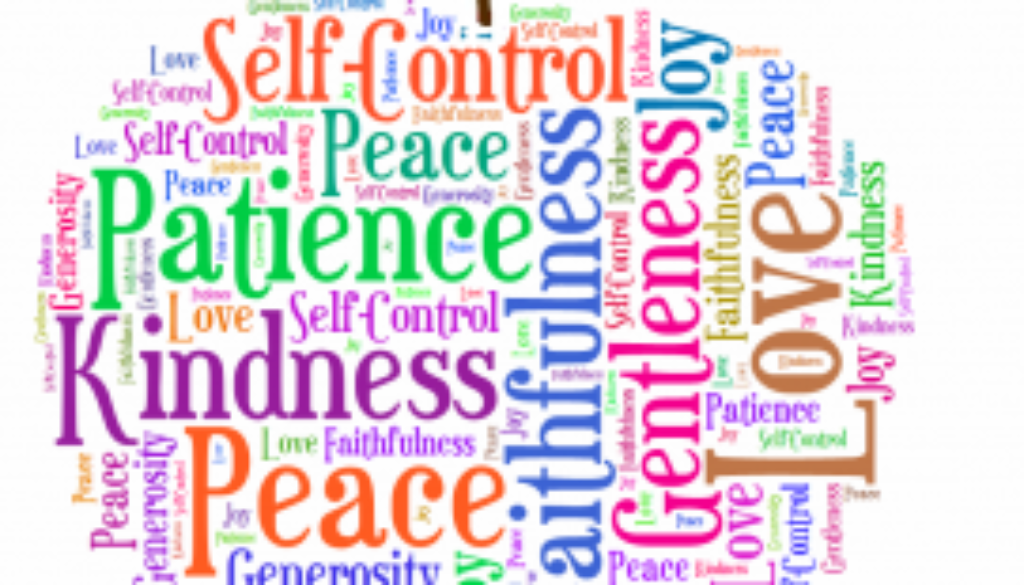Luke 3:7-17 Works Showing Repentance

Luke shares with us some specifics of John the Baptist’s words. We have heard John reproach the religious leaders when they came to him but this time we get to hear what he says to the common man. He certainly didn’t believe in sprinkling honey on his words to get a bigger crowd.
Luke starts out his narrative by quoting the same words in 3:7-9 that Matthew did in chapter 3 verses 7-10. Matthew tells us that these words were directed towards the religious leaders. Luke says they were directed at the multitude who came out. I don’t know if the words Luke shares initially were for the whole audience or not. Jesus called the religious leaders a brood of vipers too, so I feel comfortable saying this first address referenced them more than anyone else. We talked about John’s reproach of this group when we looked at Matthew. Pop back over to “Pharisees and Sadducees Are Put In Their Place” to check out what we drew from John’s words.
I want to look instead at the specific instructions John gave to other members of the multitude. Regardless of who John’s heavy rebuke was aimed at, the people recognized that they too needed to show their change of heart; but how? This is exactly the question they asked John. “What then shall we do?” (verse 10).
John gave them concrete, specific instructions that would not only show their repentant heart but help their brothers and sisters too. John’s acts of contrition didn’t end with saying extra prayers but helping someone in need. His instructions for everyone were to care for those around them by giving of what they had to those who had nothing. “Whoever has two tunics is to share whit him who has none, and whoever has food is to do likewise” (verse 11). This would be carried out on a much larger scale in the church as it grew.
We are told that tax collectors and soldiers also came to John. He gave extra instructions to these people as their jobs held much more authority and practical implications to the common man. To tax collectors he told them to only collect what they were authorized to do. In other words, don’t try and make yourself rich at the expense of others. Do your required job only. Your forgoing extra “taxes” is proof of repentance.
For the soldiers, John instructions center on money. I’m not sure why that is. He tells them not to extort money from others by threat of violence or imprisonment. John also tells them to be content with their wages. I wonder why he focused on money with the soldiers. Was it because that was the part of their job they had discursion over and the other areas they didn’t? I would think they would have control over how cruel they were to their prisoners too, but John didn’t address this area.
The last portion of today’s reading deals with the people’s perception of John. With his fiery message and his focus on repentance, they seriously wondered if he was the Messiah. John set them straight on that point right away. He outlined one of the main differences between himself and the Messiah. John’s baptism was symbolic where Jesus’ baptism would bring power from on high. John also pointed out that Jesus was the final judge, not John. Jesus’ judgement would also be final.
Father God, thank You for the look inside John’s ministry. Help me live my life pleasing unto You. I have much to be thankful for, especially for Your forgiveness. Help me show fruits worth of repentance. Remind me to show the same measure of forgiveness to others that You have shown to me. Also help me trust You to work out the “fruits worthy of repentance” from others. I don’t have a right to demand to see their proof. You see their hearts. But I also don’t have to place myself in the path to be wronged again. Help me know when to withdraw and when to simply walk in Your example of turning the other cheek.



